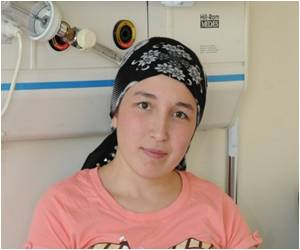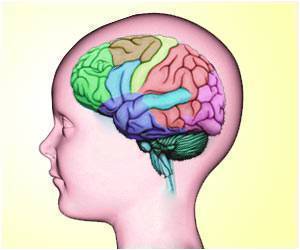Children whose mothers took antiepileptic drugs (AEDs) during Pregnancy are at increased risk of early development issues.

Medical evidence suggests that epilepsy is fairly common in women of childbearing years, with the use of AEDs during pregnancy ranging from 0.2% to 0.5%. Studies have shown that children whose mothers have epilepsy are at increased risk of birth defects (congenital malformations)—mainly thought to be caused by use of older generation AEDs during pregnancy. However, there is less understanding of AED effects on cognition during development, and there is a need for more evidence regarding long-term outcomes of children exposed to anti-seizure medication in utero.
A research team, led by Dr. Gyri Veiby from Haukeland University Hospital in Bergen, Norway, studied children from the Norwegian Mother and Child Cohort Study. From 1999 through 2008, researchers recruited mothers at 13-17 weeks of pregnancy; those mothers subsequently reported motor development, language skills, social skills and autistic traits of their children at 18 months (61,351 children) and 36 months (44,147 children). Risk of adverse outcomes was determined in children according to epilepsy in the mother or father, and with or without AED exposure in the womb.
Results show that 333 children were exposed to AEDs in the womb. At 18 months of age, the children exposed to AEDs in utero had increased risk of abnormal gross motor skills and autistic traits. Analysis of AED-exposed children at 36 months revealed an increase of abnormal scores for gross motor skills, sentence skills, and autistic traits compared to unexposed children.
Further analysis determined that AED-exposed children had increased risk of birth defects compared to children not exposed to the drugs in utero. Importantly, no increased risk of developmental delays was found in children born to women with epilepsy who did not use AED during pregnancy; children of fathers with epilepsy generally scored within the normal ranges for early childhood development.
"Our study—a unique large-scale, population-based study on early developmental outcomes in offspring of parents with epilepsy—confirms that children exposed to anti-seizure medications in the womb had lower scores for key developmental areas than children not exposed to AEDs," concludes Dr. Veiby. "Exposure to valproate, lamotrigine, carbamazepine or multiple anti-seizure medications was linked to adverse developmental outcomes."
Advertisement
Source-Eurekalert















